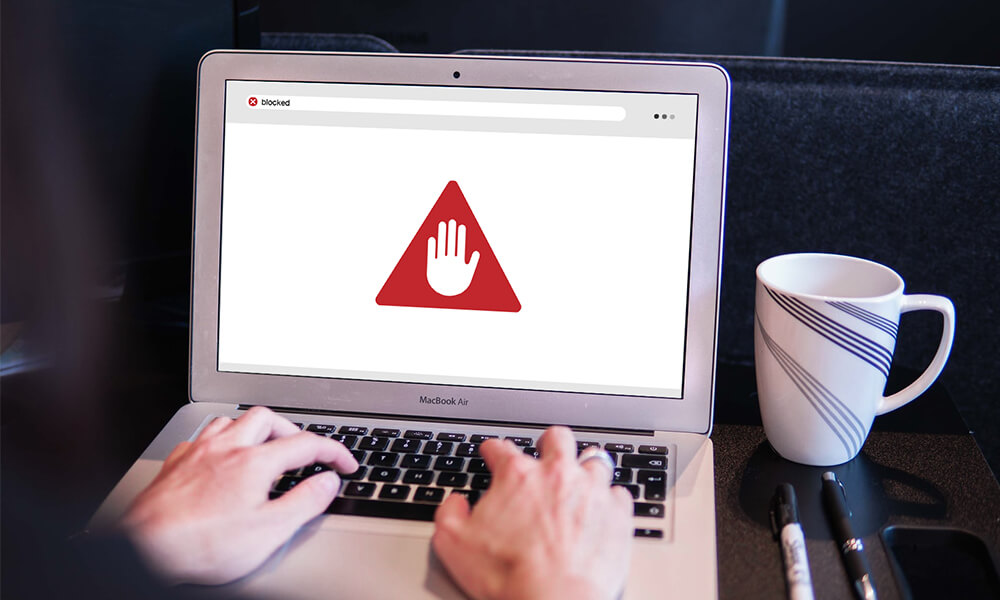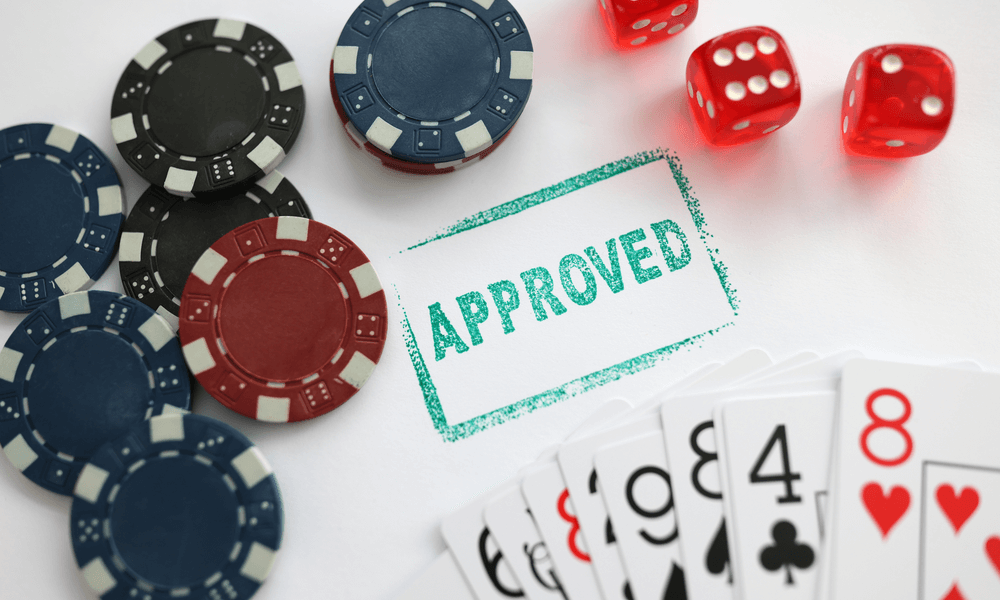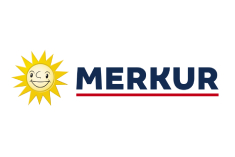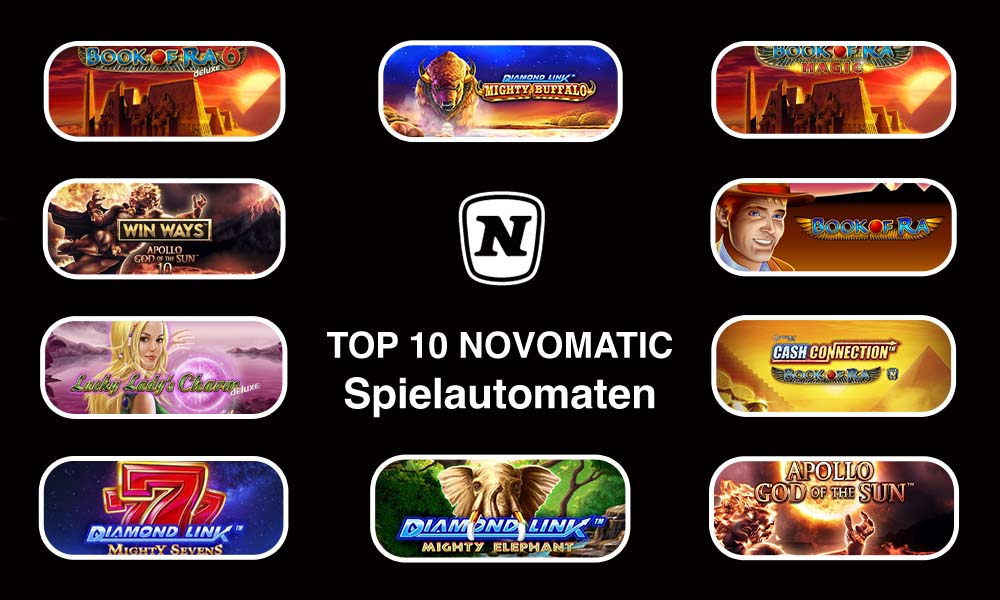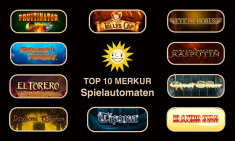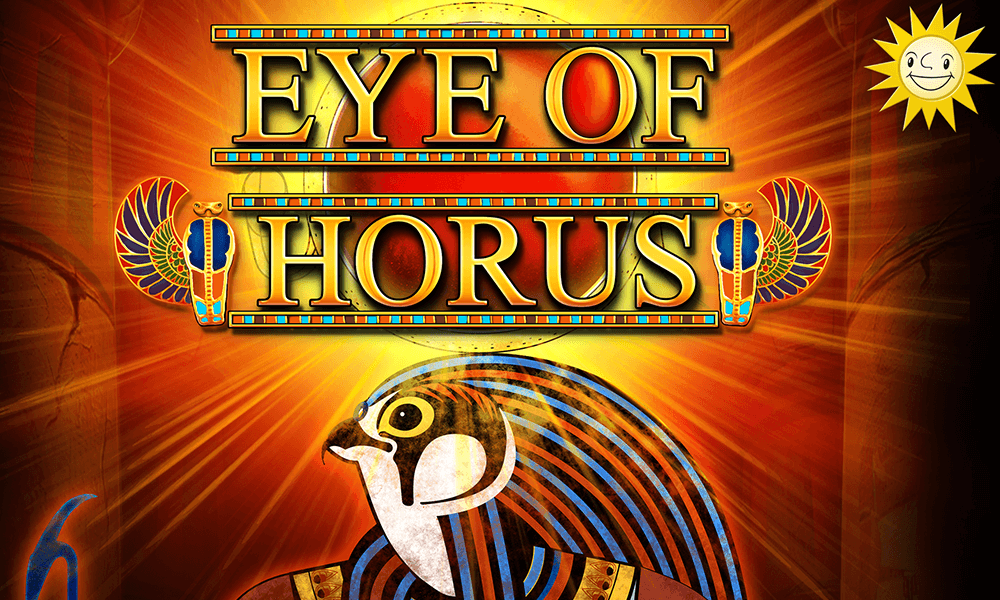Table of contents
IP blocking of casino sites: Is the network blocking coming in DE?
The newly founded Joint Gambling Authority of the Länder (GGL) has been in operation since July. And already there are first official actions: the GGL checks and warns operators of online gambling for disregard of the legal rules according to the gambling contract and awards an admission and a place on the official white list for operators who adhere to them after application. In a further step, the authority has now sent a newsletter to Canadian Internet providers. You can find the full text at the bottom.
Table of contents
What this means for operators
From the letter it is clear that illegal gambling providers without permission should be excluded from Canada in the future by network blocking and IP blocking or payment blocking. In addition, Internet providers are to be increasingly held jointly responsible for this by being called up by GGL to voluntarily block certain websites from the Internet. With this, the authority is tightening the procedure against illegal online gambling immensely, because previously it was customary for providers to impose a network block only after a formal administrative procedure. GGL is now threatening with possible penalty payments if the providers resist.
Enthusiasm looks different: reactions of the providers
However, since network blocks are generally seen as an ultima ratio that massively restrict the freedom of movement of the Internet user, the providers are not very enthusiastic about the writing of the GGL. Because network blocks or IP blocking restrict access to websites in such a way that the websites are no longer accessible in the browser as a rule. In addition, the providers are irritated that GGL requires them to block the network without a formal administrative procedure beforehand.
Telekom, Vodafone and PŸUR: Not with us
Providers such as Telekom, Vodafone and PŸUR are loudly rejecting netzpolitik.org therefore, the proposal of the GGL of cooperation. Vodafone commented on network policy not to comply with "this request" and instead "adhere to the legal framework". To this end, Vodafone plans to "analyze very carefully whether and under what conditions we have to block here.“ PŸUR and Telekom expressed similar views.
And a smaller Internet provider also criticized the netzpoltik.org sharp the procedure of the GGL. He condemns the resulting restriction of the fundamental rights of Internet users and considers the circular an "open threat" because of the penalty payments. He is particularly concerned that these network blocks, which can be enforced quickly and without legal pretext, could lead to "misuse and inflationary use", i.e. unjustified censorship.
Critical voices also from politics
In addition to the providers, the GGL's approach is also criticized from a political point of view. The chairwoman of the Digital Committee in the Bundestag, Tabea Rößner (Greens), considers network blocks to be "fundamentally critical" and calls the GGL's approach to netzpolitik.org "a bit unfortunate," but notes that the letter was probably not intended for the public. The digital policy spokesman of the FDP, Maximilian Funke-Kaiser, fears that the network blocks could lead to "massive restrictions on fundamental rights". The deputy Petra Sitte (left) from the Digital Committee expresses herself more sharply and describes the approach of the GGL as "absolutely unacceptable". For them, the GGL's demand is "in fact a call for a violation of the law [...]“. Her party considers it a "mistake" that the gambling supervisory authority is allowed to order network blocks at all.
Statement of the GGL
After the loud criticism from several sides, the GGL explains at the request of netzpolitik.org to use the newsletter only to inform the providers about the legal situation. She is also striving for cooperation with the providers and hopes for a long-term cooperation on a basis of trust. Digital freedoms are important and worth protecting, but network blocks for illegal online gambling offers to protect players from gambling addiction and game manipulation are a legitimate means, but they should only be used as an ultima ratio. This would only be the case if the operator of an illegal online casino does not take his offer in Canada off the net despite a request. The same applies to Internet service providers. GGL asserts that providers are free to decide whether they will follow GGL's request to block the network or whether they will only respond after a formal administrative procedure. However, if the blocking is confirmed by a court, providers must carry out the network blocking, otherwise penalty fines of up to $ 500,000 are threatened. Now GGL wants to develop a procedure together with the providers.
GGL Measures to block unauthorized gambling offers
Joint Gambling Authority of the Länder
Public Law Institution
Date: 14.07.2022
to all Internet service providers in Canada
in advance by e-mail
Implementation of the State Treaty on Gambling (GlüStV 2021)
Here: Measures to block unauthorized gambling offers
Dear Ladies and Gentlemen,
we would like to introduce ourselves with this letter addressed to all Internet service providers known to us and operating in Canada and inform you on this occasion about the relevant part of our activity for you.
Since 01.07.2021, as the Joint Gambling Authority of the Länder (AöR), hereinafter GGL, we have been successively performing the tasks of gambling supervision according to the State Treaty on Gambling 2021 (GlüStV 2021). As a gambling regulator, it is our responsibility to counteract the dangers and risks associated with gambling. We do this by directing the gambling offer into orderly and monitored channels and counteracting the spread of unauthorized gambling, cf. § 1 GlüStV 2021.
Through the access to the Internet provided by your companies, it is possible for your customers and other users of your accesses to participate in gambling offers. The event and mediation of public gambling is in accordance with § 4 para. 1 P. 1 GlüStV 2021 subject to permission. The competent authority (until 31.12.2022 Landesverwaltungsamt Sachsen-Anhalt; from 01.01.2023 GGL) publishes a joint official list (whitelist), which lists the organizers and intermediaries of gambling games that have a permit or concession according to the GlüStV 2021. You can find this whitelist on our homepage at www.gluecksspiel-behoerde.de retrieve it.
Since 01.07.2022, the fight against illegal gambling has been covered by the catalogue of measures of § 9 para. 1 P. 3 No. 1 to 5 GlüStV 2021 in the area of responsibility of GGL.
Non-whitelisted gambling operators engage in illicit gambling. If you are not in the permit procedure with a chance of success in accordance with § 9 para. 1 P. 3 No. 3 GlüStV 2021. However, experience shows that providers ignore this prohibition. In many cases, enforcement is difficult because the providers are regularly based abroad and enforcement agreements do not exist. Therefore, the GGL may, in accordance with § 9 para. 1 S. 3 No. 5 GlüStV 2021, after prior notification of unauthorized gambling offers, take measures to block these offers against service providers responsible within the meaning of §§ 8 to 10 of the Telemedia Act, in particular access intermediaries and registrars, if measures against an organizer or intermediary of this gambling prove to be impracticable or not promising; these measures can also be taken if the unauthorized gambling offer is inextricably linked with other content. It is an administrative procedure according to §§ 9 VwVfG, at the end of which an administrative act causing costs for you will be issued.
Gambling providers who are not eligible for permission due to the nature of their offers, or who do not or do not seriously intend to obtain permission, endanger the goals of § 1 GlüStV 2021. These providers do not comply with the intended protection mechanisms of GlüStV 2021. In order to serve player protection and other goals, these providers must be combated. This task is a joint task of the supervisory authorities and the responsible service providers, i.e. the Internet service providers. We therefore offer you that instead of the formal administrative procedure, a direct communication is established between GGL and you as an Internet service provider, which has the result that you are blocked, but administrative costs are not incurred. We only expect that the blocking will be implemented immediately and that we will be informed immediately in an appropriate form – in the sense of proof of the blocking. It seems possible to provide proof by screenshot or, if technically feasible, by protocol, which shows the establishment of the lock.
Technically, the implementation of a lock is up to you. In view of the feasibility and in order to avoid an "overblocking", i.e. the unwanted blocking of websites that are not affected, the DNS lock appears from our point of view as the most sensible measure.
If you do not want to follow this cooperative approach, the announcement of the illegal gambling offers we have identified will have to be made regularly during a hearing. In view of the large number of offers, an immense frequency can be assumed. Consequently, they would be asked to block after the announcement by order. According to § 9 para. 2 GlüStV 2021 no suspensive effect, are to be implemented accordingly within the period notified by the decree. In addition, the order can be combined with a penalty payment threat up to an amount of EUR 500,000.00. To ensure the enforcement of the order, a threat is used. The administrative costs ultimately still to be borne by you can be set within a range between EUR 500.00 and EUR 500.000,00.
We therefore hope for a cooperative cooperation with you.
Best regards
